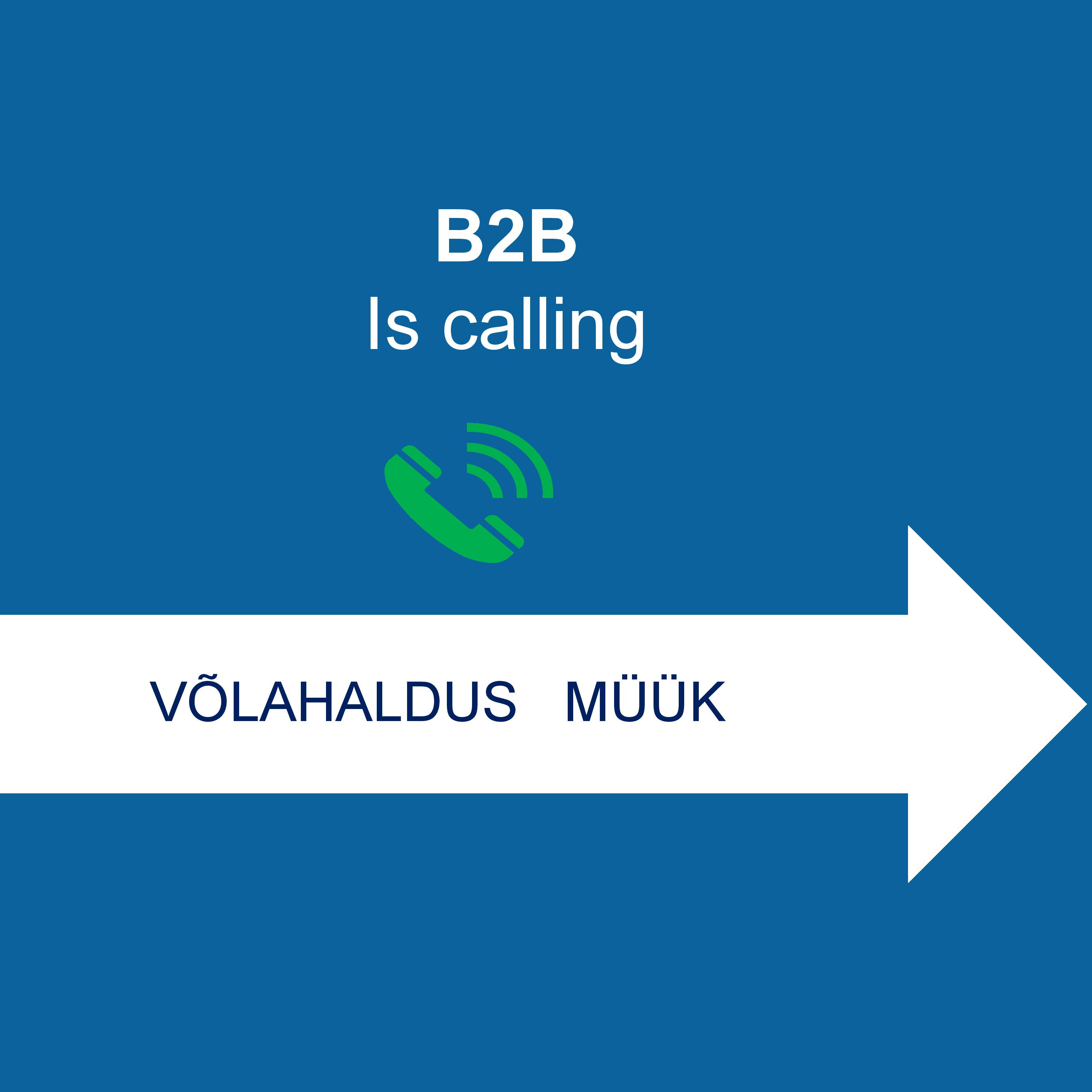The importance of personalized customer management
In today's competitive business landscape, personalized customer management has emerged as a crucial strategy for companies aiming to differentiate themselves and build lasting relationships with their clients. For small to medium-sized enterprises (SMEs) and corporate clients, particularly in Estonia and surrounding regions, personalized customer management is not just a trend but a necessity. It involves tailoring services and interactions to meet the unique needs and preferences of each customer, thereby enhancing their overall experience and satisfaction.
Understanding the Needs of SMEs and Corporate Clients
SMEs and corporate clients often operate in dynamic environments where efficient customer relationship management is key to success. These businesses, typically led by professionals aged 30-55, value personalized service and expert financial advice. They seek reliable partners who can manage their customer relationships and financial obligations efficiently, aiming to improve cash flow and customer satisfaction. Understanding these needs is the first step towards implementing effective personalized customer management strategies.
Benefits of Personalized Customer Management
Personalized customer management leads to enhanced customer satisfaction by ensuring that each client feels valued and understood. When businesses tailor their services to meet individual customer needs, it fosters a sense of loyalty and trust, which is essential for long-term success.
By effectively managing customer relationships, businesses can improve their cash flow. Personalized interactions often lead to quicker payments and reduced instances of late payments, as customers are more likely to prioritize obligations to businesses that provide them with personalized attention and care.
Strong customer relationships are built on trust and mutual understanding. Personalized customer management helps in nurturing these relationships by consistently meeting and exceeding customer expectations. This not only leads to repeat business but also encourages word-of-mouth referrals, which are invaluable for growth.
Strategies for Implementing Personalized Customer Management
Technology plays a pivotal role in personalized customer management. Tools such as Customer Relationship Management (CRM) systems allow businesses to collect and analyze customer data, enabling them to tailor their services and communications effectively. By leveraging technology, businesses can automate routine tasks, freeing up time to focus on personalized interactions.
Effective communication is at the heart of personalized customer management. Businesses should strive to understand the communication preferences of their clients and tailor their interactions accordingly. Whether it's through personalized emails, phone calls, or face-to-face meetings, ensuring that communication is relevant and timely is crucial.
Creating a customer-centric culture within the organization is essential for successful personalized customer management. This involves training employees to prioritize customer needs and encouraging a mindset that values customer satisfaction above all else. When the entire organization is aligned with this goal, it becomes easier to implement personalized strategies effectively.
Challenges and Solutions in Personalized Customer Management
While personalized customer management offers numerous benefits, it also presents certain challenges. These include managing customer data effectively, ensuring consistency in service delivery, and adapting to changing customer needs. However, by investing in the right tools and training, businesses can overcome these challenges and reap the rewards of personalized customer management.






Comments (0)